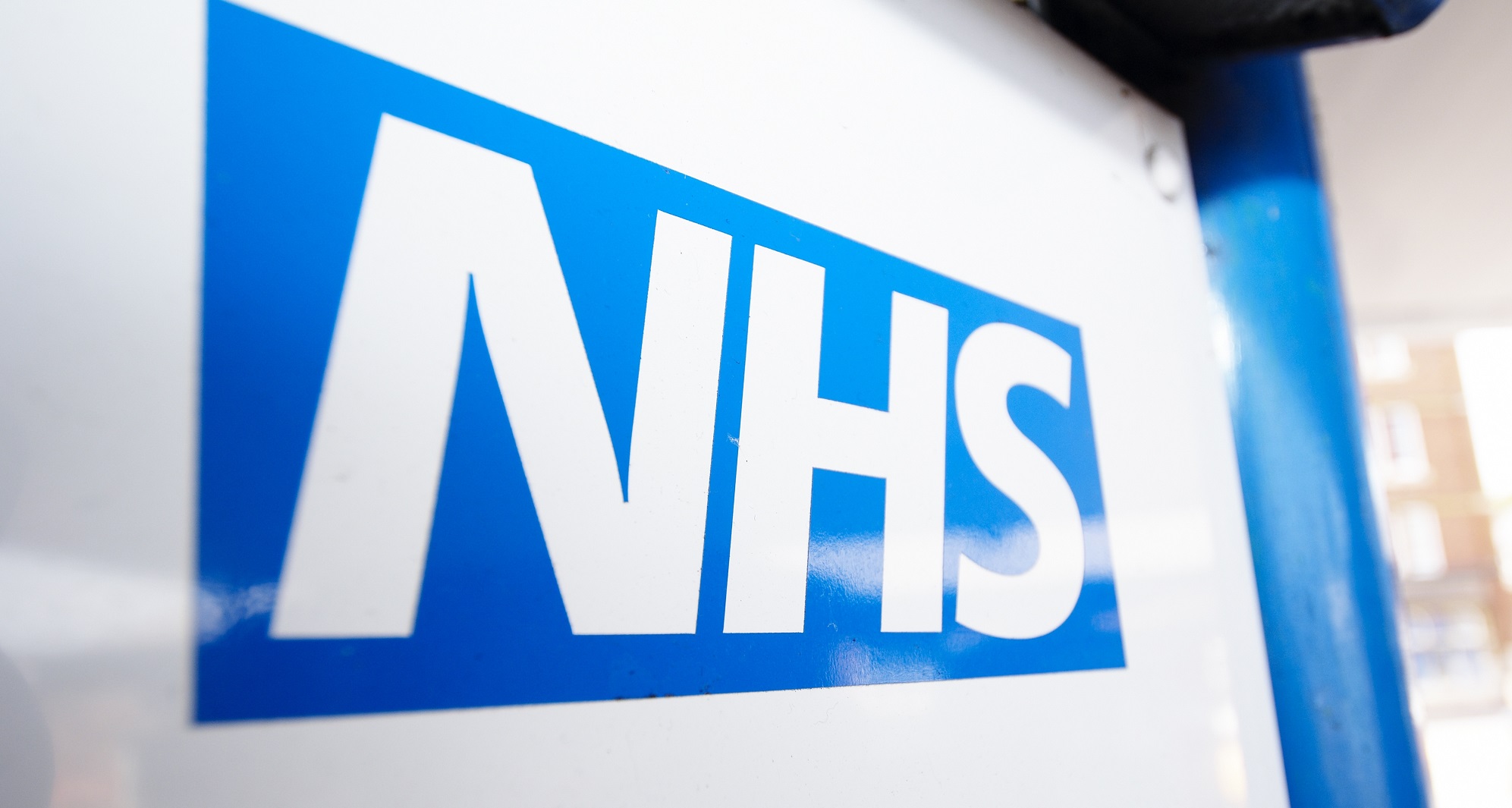England’s diabetes prevention success: patients shed weight of 15 double cheeseburgers

Three years after launching a forward-thinking diabetes prevention programme, NHS England yesterday hailed early signs of a very significant impact on those at-risk people taking part.
The UK is the most obese nation in Europe, and this heavyweight problem is causing a huge surge in cases of Type 2 diabetes and related illnesses.
More than half of overweight patients who routinely attended sessions on the NHS Type 2 diabetes prevention programme achieved an average weight loss equivalent to nearly 15 double cheese burgers, the data has revealed.
So far well over 50% of people have completed the flagship scheme after attending at least eight support sessions over a nine-month period – losing an average of 3.3kg. However, when excluding those who already had normal weight and BMI but were on the programme due to other health and lifestyle risks associated with developing Type 2 diabetes, this increased to 3.7kg.
Diabetes and its complications cost over £6 billion every year to treat and one-in-six patients in hospital has diabetes. Around nine-out-of-10 people with diabetes have the Type 2 form, which is closely linked to obesity and there is strong evidence that it is preventable.
A lack of exercise, poor diet and being overweight are the main risk factors for developing Type 2 diabetes, and the prevention programme is tackling these head on.
It uses education about lifestyle choices, for example drinking less alcohol, and advice on how to reduce weight through healthier eating, as well as bespoke physical activity programmes.
The early findings show the programme has exceeded expectations, with patients losing an average of 1kg more than originally predicted.
Speaking at Diabetes UK’s Professional Conference yesterday, Simon Stevens, chief executive at NHS England, said: “The NHS is already leading the way in the battle against the obesity crisis by slashing the sale of sugary drinks and super-sized snacks in hospitals, and the results now coming out of our diabetes prevention programme are also positive. Obesity is the new smoking and the scale of our response needs to match the scale of the crisis.”
Last year hospitals were ordered to take super-size chocolate bars and ‘grab bags’ of sugary snacks off of the shelves, as part of the NHS’ battle against obesity, diabetes and tooth decay.
NHS England says data is still being collected, but says early indicators suggest these measures have already had an impact. For example, a large hospital retailer that removed advertising and promotions on NHS estates, sold over 1.1 million fewer single chocolate bars in the last year, and removed 275,000 fewer (23%) large bars of chocolate.
Another leading retailer revealed that 132 million calories had been removed from the top five sandwich products, with signs that hospital visitors were switching to healthier options.
This is the sort of subtle and simple ‘nudge’ initiative which public health campaigners say could make a big difference in the long run.
Three years after its initial launch, the diabetes prevention programme is now being implemented across the country, with more than 154,000 people referred – and around 66,000 of these taking up places.
Just under half of those signing up are men – a much higher proportion than typically attend weight-loss programmes, while roughly a quarter are from black, Asian and minority ethnic communities, groups that are at significantly greater risk of developing Type 2 diabetes. Since obesity is more prevalent among poorer communities, action to tackle it also directly reduces health inequalities.
The programme also recently launched digital support to patients and more than 5,000 people are expected to benefit from the pilot project. Five companies and eight areas of the country are test-driving a range of apps, gadgets, wristbands and other innovative digital products. In the first two months around 800 people have been referred and more than half of those have logged on to a service since.
Professor Jonathan Valabhji, National Clinical Director for Diabetes and Obesity at NHS England, said: “While it is early days, this data from several thousand people is very promising. Not only is our prevention programme exceeding the initial targets set for referrals and equity of access, but we are now starting to see the first set of encouraging weight-loss results too. Type 2 diabetes is heavily linked to obesity and if those on our programme continue to lose weight, as this snapshot suggests, then it is a step in the right direction and this programme can be an effective part of the solution.”











